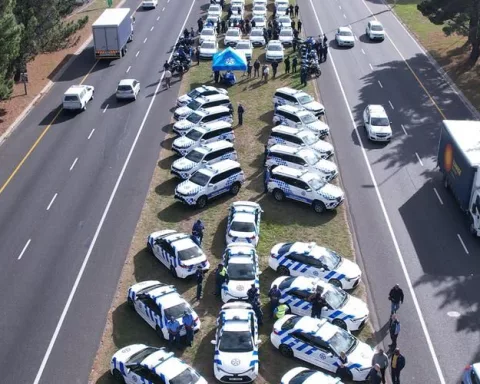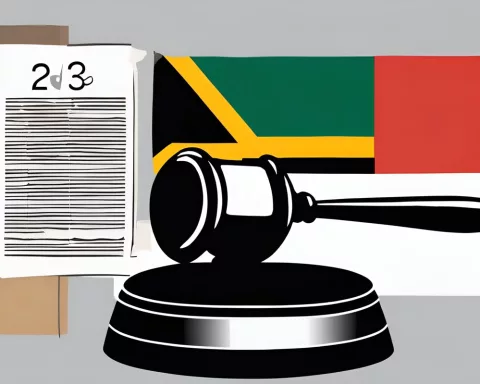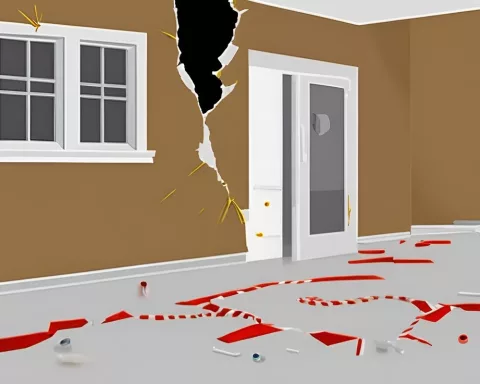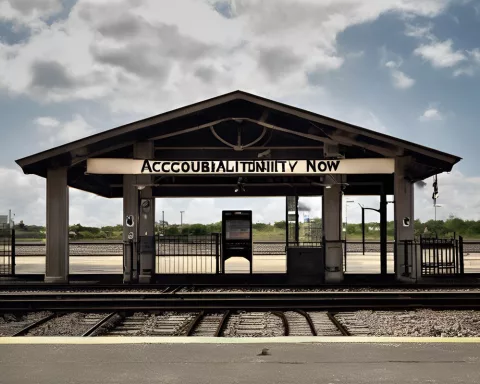South African President Cyril Ramaphosa has authorized the Special Investigating Unit (SIU) to investigate allegations of corruption and maladministration at the Umgeni Water Board (UWB) in KwaZulu Natal. This is a crucial move that highlights the government’s commitment to preserving the integrity of state organizations and safeguarding public funds.
Investigation Scope and Focus
The SIU aims to investigate two contracts at the UWB, one of which involves security and guarding services, and the other relating to Social Facilitation and Community Engagement for UWB Infrastructure Projects over five years. The focus will be on unauthorized, irregular, or fruitless and wasteful expenditure incurred by the UWB in connection with these contracts. The investigation will also scrutinize any improper or unlawful conduct by UWB officials, employees, state authorities, service providers, or any other individuals or entities in connection to the allegations.
Potential Implications
If the SIU uncovers any wrongdoing, it has the authority to initiate civil action in the High Court or a Special Tribunal to rectify the situation. In accordance with the Special Investigating Units and Special Tribunals Act 74 of 1996, the SIU will also refer any evidence of criminal conduct to the National Prosecuting Authority (NPA) for further action.
The outcome of the SIU’s investigation could have far-reaching implications, not only for the UWB but also for other public institutions facing similar allegations. It may serve as a deterrent against future instances of corruption and maladministration, prompting greater vigilance and adherence to ethical standards across the public sector.
Significance of President Ramaphosa’s Authorization
By authorizing the SIU to investigate these allegations, President Ramaphosa emphasizes the importance of transparency and ethical conduct within all state entities. Tackling corruption head-on sends a strong message that malpractice and mismanagement within public institutions will not be tolerated.
In conclusion, the SIU’s investigation into the Umgeni Water Board offers an opportunity to tackle corruption head-on and strengthen the foundations of South Africa’s public institutions. The government’s commitment to transparency and accountability, as exemplified by President Ramaphosa’s authorization, is crucial to restoring public trust and ensuring the effective management of public resources for the benefit of all citizens.












